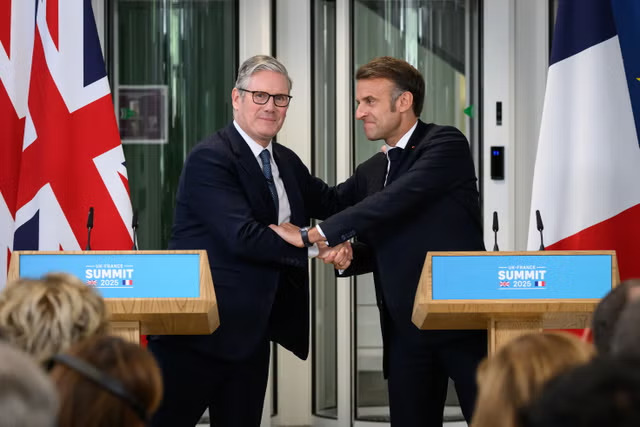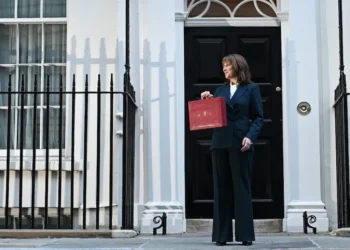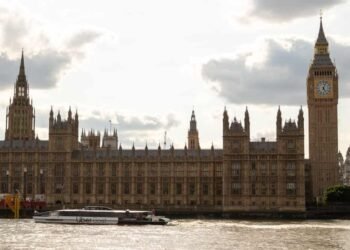Prime Minister Keir Starmer’s newly announced migrant deal with France has ignited a storm of criticism from refugee groups and activists who accuse the government of treating vulnerable people like tradable goods.
The agreement, outlined at a joint press conference with French President Emmanuel Macron, sets in motion a pilot scheme under which for every small boat migrant returned to France, the UK will accept one asylum seeker through a legal route.
Framed by Starmer as a “breakthrough moment” in the battle against human trafficking networks, the initiative has been lambasted by critics as both ethically flawed and dangerously ineffective.
Refugee rights organisations swiftly condemned the deal, arguing it mimics rhetoric typically associated with hardline anti-immigration campaigns. Fizza Qureshi, CEO of the Migrants’ Rights Network, declared: “The new ‘one in, one out’ deal reduces people seeking safety to commodities to be exchanged.” She further contended that the UK-France agreement “does nothing to address the role of both states in displacing people and forcing them to make these dangerous journeys in the first place.”
The Joint Council for the Welfare of Immigrants (JCWI) echoed the concerns, warning the arrangement “will put more peoples’ lives at risk and cause more death and injury.”
The International Rescue Committee (IRC), led by former Labour cabinet minister David Miliband, also rebuked the policy, calling it “yet another step in the wrong direction.”
The backlash intensified as Natacha Bouchart, Mayor of Calais, expressed fears the scheme would increase pressure on her town. “Migrants are going to flock here, drawn by the attraction,” she stated.
“You get the impression that the national politicians do not give a hoot about the local politicians. We’re going to have to manage migrants who the British government will have chosen to return to France.”
Natacha Bouchart
Critics Slam ‘One In, One Out’ Pact
Despite the criticism, Starmer maintains the deal is a strong deterrent against people smugglers, insisting it will “turn the tables” on those who exploit vulnerable migrants for profit. Yet the announcement came just hours after 573 migrants arrived on British shores, bringing the annual total to 21,690 – up 54% from the same period last year.
Details about the scale and implementation of the pilot scheme remain vague. While early reports suggest the deal may cover just 50 people a week, Home Secretary Yvette Cooper refused to confirm any figures.

Pressed on potential European objections, Downing Street insisted that the plan had been discussed with the European Commission. “We don’t anticipate any issues,” a No 10 spokesperson assured, adding: “They have been clear that they want to support us to develop innovative, lawful solutions to help deal with this problem.”
To preempt any legal pushback, the spokesperson noted that the government has “done a lot of work to make sure the system is robust to legal challenges,” expressing confidence that the scheme “complies with both domestic and international law.”
Nevertheless, critics argue that the government is prioritizing political optics over effective policy. With arrivals continuing and the logistical framework of the deal unclear, sceptics say the plan risks being both ineffective and inhumane.
While Starmer and Macron aim to portray the bilateral agreement as a display of post-Brexit cooperation and mutual responsibility, the backlash from human rights advocates and local officials in France suggests that the road to implementation may be fraught with contention.
As the UK braces for further debate on immigration, the question remains whether this deal will indeed serve as a turning point or simply deepen the divide between political ambition and humanitarian obligation.
READ ALSO: Mahama Commits to Fix Port Bottlenecks to Drive 24-Hour Economy























